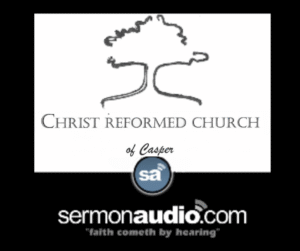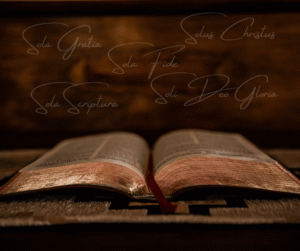Dumb Idols: Heidelberg Catechism Lord’s Day 35
LORD’S DAY 35 What does God require in the second commandment? That we in no way make any image of God,1 nor worship Him in any other way than He has commanded us in His Word.2 [1] Deut. 4:15–19; Isa. 40:18, 25. Rom. 1:22–24; Acts 17:29. [2] 1 Sam. 15:23; Deut. 12:30–32; Matt. 15:9; *Deut. 4:23–24; *Jn. 4:24. May we not make any image at all? God may not and cannot be imaged in any way; as for creatures, though they may indeed be imaged, yet God forbids the making or keeping of any likeness of them, either to worship them or to serve GodRead More →

